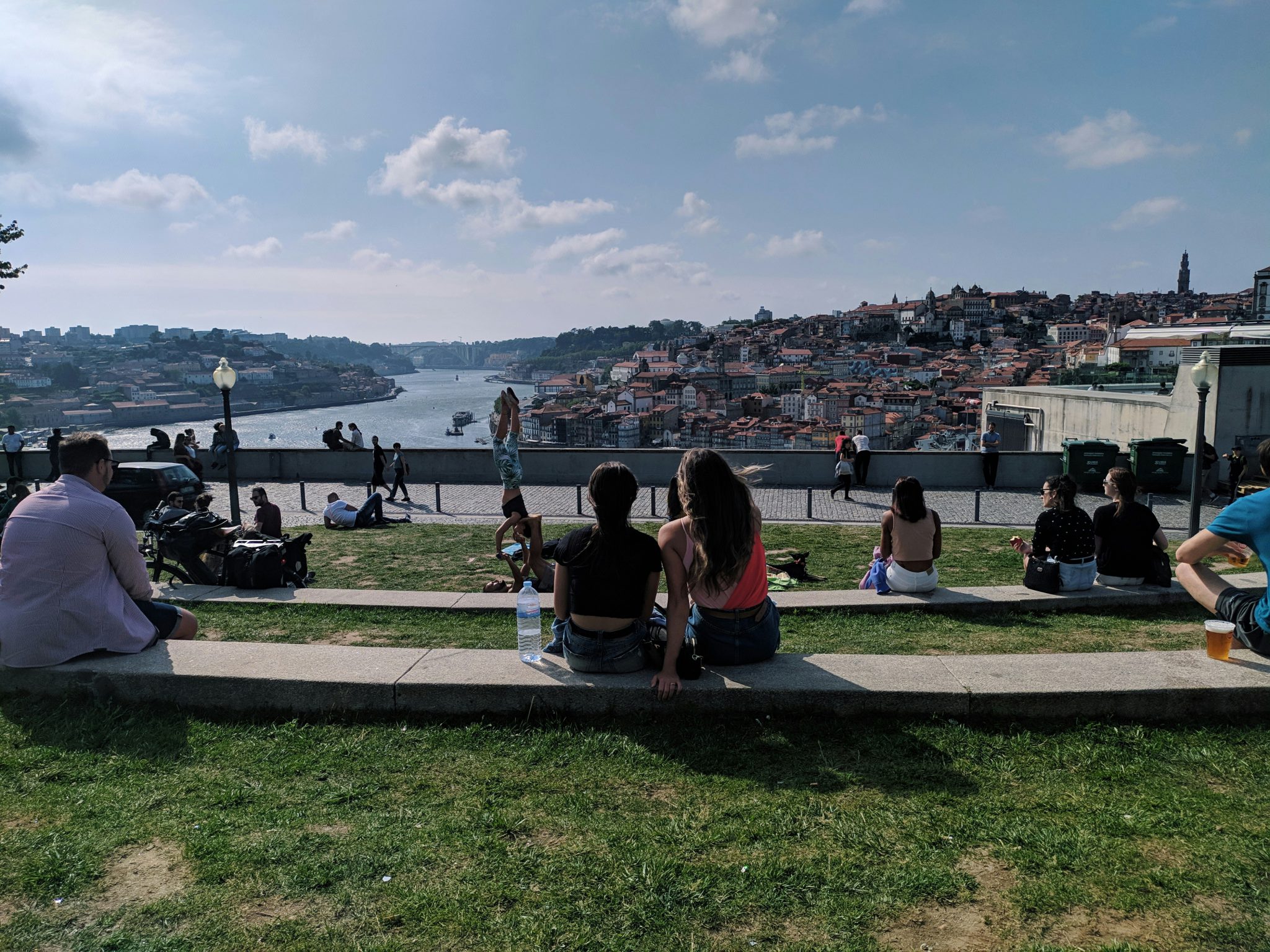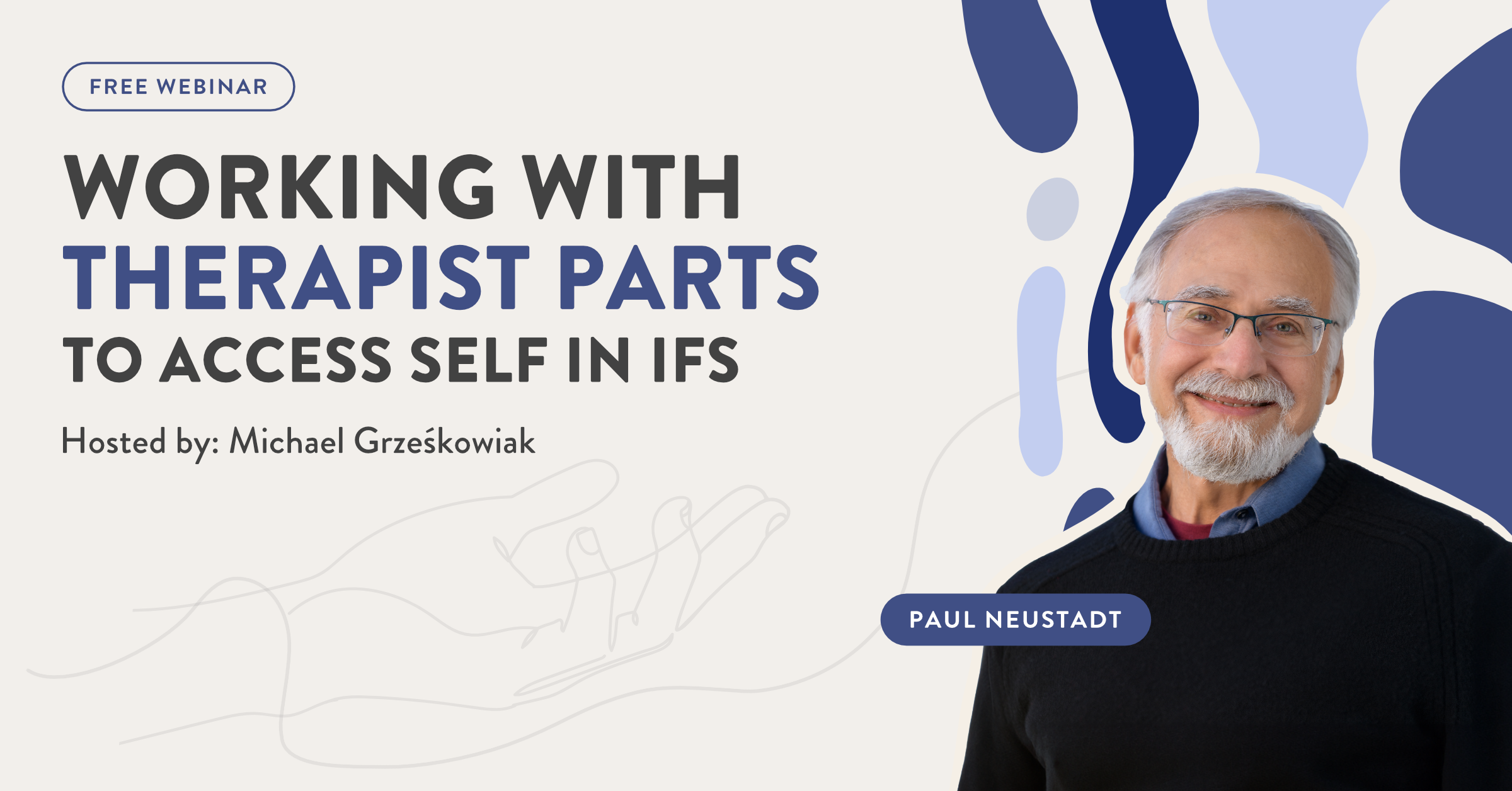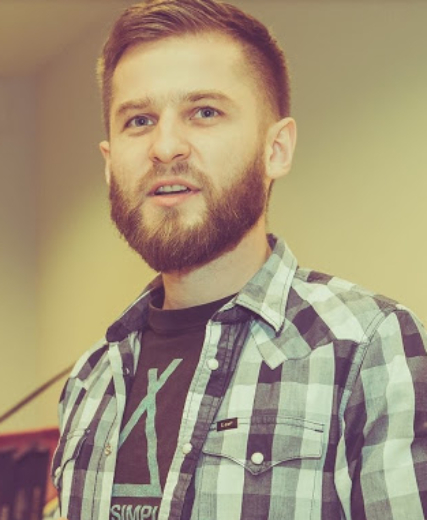20-Minute Bus Ride in Porto to Therapeutic Presence
It was late August in Porto, Portugal. On a hot day, I woke up stressed, sick and flooded with the black clouds of my well-known visitor, depression. Nothing worked out that day. I was one hour late for my online appointment with a client, so I missed it, disappointing him. The shower didn’t work at the Airbnb I stayed at because, suddenly, there was a break in the water supply. I just missed the right bus to get to meet my friends in another part of the city, so I had to wait another forty minutes for the next one, sweating in the sun with no shade to hide. Feeling bad I felt ashamed about feeling bad, and I was stuck in that loop.
The next bus finally arrived, so I took a seat and put my headphones on. At the next stop, an elderly woman entered the bus and sat just in front of me. With a gentle smile on her face, she exuded a certain quality of kindness, simplicity, lightness. Something in me started shifting without knowing why. I took my headphones off and noticed tension in my body started slowly softening. She started speaking, getting curious about where I was from because I “didn’t look Portuguese enough.” A moment ago, I didn’t feel like talking to anybody, but now the conversation started unfolding in a natural rhythm.
Have you ever met someone whose presence made you feel in a way that you remember years later? And maybe that someone didn’t even “do” anything spectacular. Maybe it was something simple, seemed mundane, and was more an attitude than an action.

What truly matters is Presence
It was a 20-minute bus ride. Nothing special happened during these 20 minutes. But when I got off the bus, all the tension in my body was gone, and my mind felt clear, like a blue sky. It wasn’t what she did but how present she was. She wasn’t trying to change how I felt but gave me permission to feel it all without judgment. And that acceptance made all the difference.
I didn’t know IFS at that time. Today, I would say that I was blended with a harsh inner critic, and her strong Self Energy was contagious and helped me spontaneously unblend. And this is what attracted me to IFS five years ago. The fact that it is not just a protocol, a set of steps or algorithms, but the Self Energy as the core source of taking these steps and making the protocol actually make sense.
I loved it when Fran Booth, an IFS trainer, started her workshop on direct access by saying, “I will teach you the technique, but what truly matters is Presence.”
Therapeutic presence is a way of “being with” your clients
Relational presence evokes a sense of connection and of being seen and seeing, as no other human experience does. It is ultimately this shared presence that leads to therapeutic change. We can say that therapeutic presence is a way of “being with” your clients that optimizes the “doing of” therapy.
The experiential aspect of therapeutic presence encompasses:
- maintaining a sense of being grounded and centered within oneself
- a profound immersion in the present moment,
- a broader feeling of expansion or spaciousness.
- the deliberate intention to be compassionately present with and for the client, dedicated to their well-being.
Therapeutic presence entails tuning into both the client's experience and one's own experience of being with them continuously, moment by moment. It involves fostering a deep connection that is absorbing and intimate while also maintaining a grounded and centered connection within oneself. Beyond merely existing in a state of presence, therapeutic presence fosters a relational dynamic. When clients feel truly seen, heard, and understood in the therapist's presence, it triggers a neurophysiological sense of safety, enhancing the therapeutic alliance and facilitating optimal engagement in therapy.
A symbiotic relationship forms between the therapist's efforts to extend themselves toward the client and the client's perception of the therapist's presence, leading to the mutual development of presence within and between them. This dynamic transcends individual encounters, representing what is often termed as therapeutic relational presence. In IFS, we say that we are greater than a sum of parts. In the same way, a present therapist and a present client create a presence that is greater than the sum of both of them.

Prioritizing presence also involves a shift from conventional modes of understanding (such as analytical thinking) towards a mode of understanding through sensory perception and emotional resonance, allowing cognition to emerge from this subjective and relational experience of the present moment.
While many training programs emphasize intervention techniques, they often neglect the importance of cultivating therapeutic presence and fostering relational growth. While interventions are undoubtedly valuable, equal emphasis should be placed on developing presence and nurturing relational capacities. Presence makes the protocol powerful!
Do you remember that elderly lady from the bus? Her name is Maria Luisa Mendosa, and just before we said goodbye, she gave me this small piece of paper with a beautiful blessing, representing safety, passion, and compassion:
May God grant you always:
A sunbeam to warm you
A moonbeam to charm you
A minding angel so nothing can harm you
Thank you for reading.
If you're interested in further exploring the topic of therapeutic presence, join the recording of our free webinar with Paul Neustadt.


